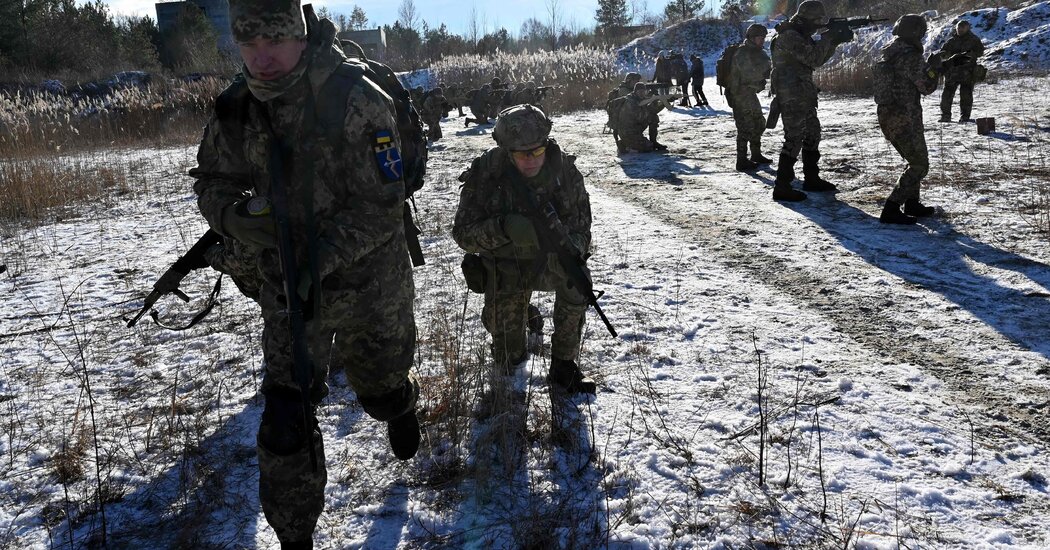
Administration officials interviewed this week said that plans to help Ukrainian insurgents could include providing training in nearby countries that are part of NATO’s eastern flank: Poland, Romania and Slovakia, which could enable insurgents to slip in and out of Ukraine. Beyond logistical support and weapons, the United States and NATO allies could also provide medical equipment, services and even sanctuary during Russian offensives. The United States would almost certainly supply weapons, the officials said.
Since Russia invaded Crimea in 2014, successive U.S. administrations have taken pains to limit military support to Ukraine largely to defensive weaponry. The United States has provided about $2.5 billion in military aid to Kyiv, including anti-tank missiles and radar that enables the Ukrainian military to better spot sources of artillery fire. The assistance has also included patrol boats and communications equipment.
The United States is also moving toward providing Ukraine with battlefield intelligence that could help the country more quickly respond to an invasion, senior administration officials said.
But all of that aid has been calibrated not to provoke Mr. Putin, officials said. If Russian troops crossed the border, the officials said, the United States could offer offensive weaponry and training.
“Given the right equipment and tactics, Ukraine can dramatically reduce the chances of a successful invasion,” a former Ukrainian defense minister, Andriy P. Zagorodnyuk, wrote in an op-ed for the Atlantic Council on Sunday that reads like an instructional manual for how the United States can support an insurgency. “By combining serving military units with combat veterans, reservists, territorial defense units and large numbers of volunteers, Ukraine can create tens of thousands of small and highly mobile groups capable of attacking Russian forces. This will make it virtually impossible for the Kremlin to establish any kind of administration over occupied areas or secure its lines of supply.”
But it is difficult to know whether Ukrainians would be willing to start an insurgency campaign that could drag on for years or even decades. Some Ukraine experts point to Crimea, where there has been little armed resistance since Russia invaded. And Mr. Putin could limit his siege to the eastern parts of Ukraine, which lean more pro-Russian than the west.
Understand the Escalating Tensions Over Ukraine
A Western military adviser to the Ukrainians said that details of a specific resistance there remained a closely held secret. But already, particularly in the west, Ukrainians are joining territorial defense forces that train in guerrilla tactics.




